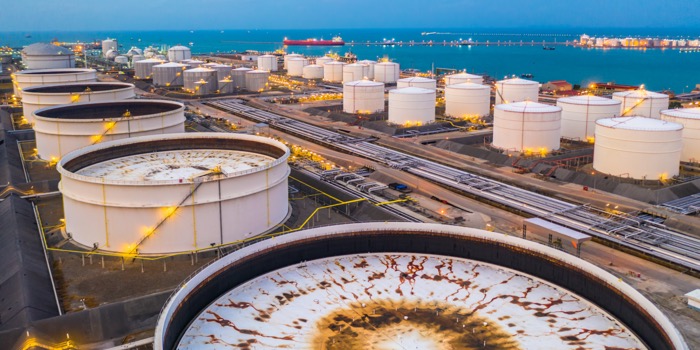The upcoming EU regulation to reduce maritime CO2 emissions provides scope for shipping’s continued use of LNG, but is a blow to the market for used cooking oil.
The European Commission will put forward legislation to force ships to reduce average greenhouse gas intensity of energy used next month. 6 percent by 2030, by 49 percent by 2050 and by 75 percent by 2050, all from 2020 levels. The estimated cost of achieving this at €90bn by 2050.
The commission’s 193-page impact assessment states that there is a 9.5 factor difference between worst- and best-case scenarios for LNG GHG intensity. There should be limits on pooling or exchange of credits to e-fuels only, and a clear ban on crop-based biofuels and natural gas as compliance options. It wants the EU to include a sub-target, or ideally a high multiplier of five for ‘green’ e-fuels.
The commission indicated that there will be sufficient supply of non-agricultural oils, like UCO, by 2030. It projects the maritime sector to consume only 20 percent of feedstock available in the bloc by that date, and between 27-34 percent by 2050.
For more information visit www.europa.eu










